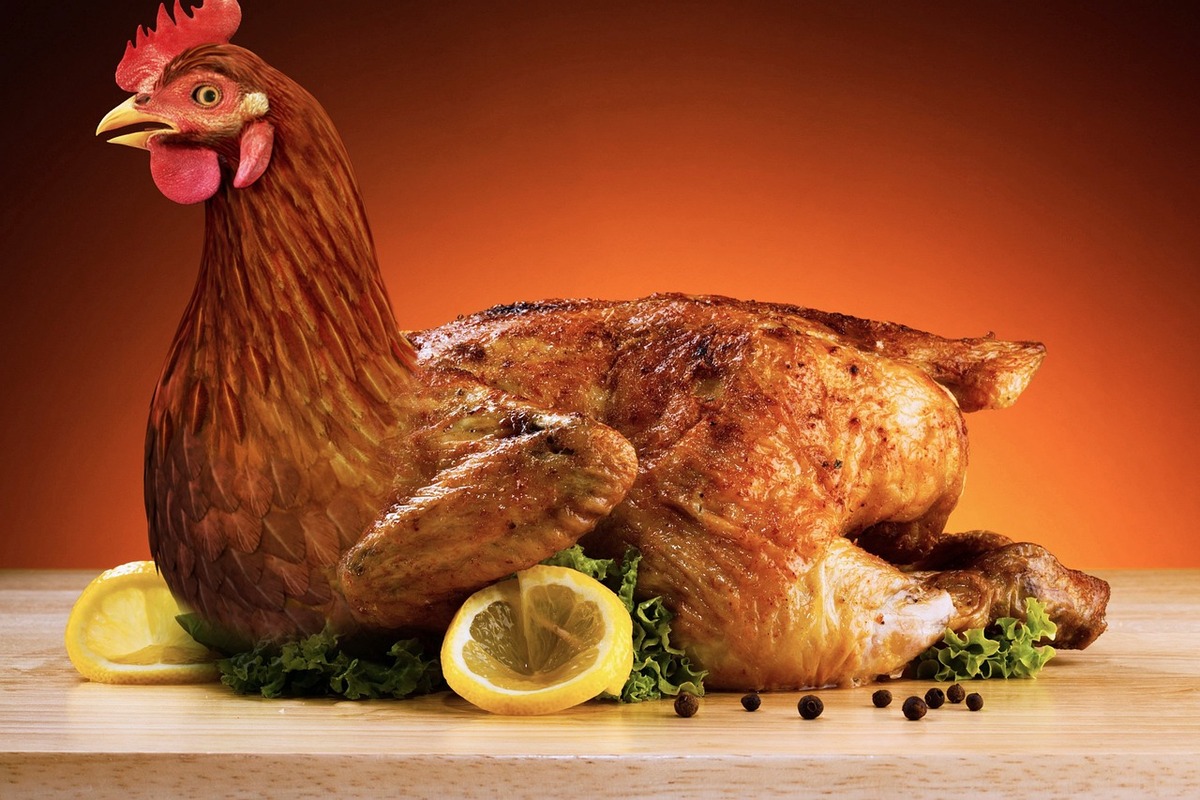
South Africa’s chicken shortage: What’s driving the surge in offal prices
The Association of Meat Importers and Exporters has cautioned that the Avian Influenza outbreak in Brazil could have serious consequences for South Africa.

The Association of Meat Importers and Exporters (AMIE) has warned that the recent outbreak of Avian Influenza (HPAI) in Brazil’s Rio Grande do Sul could severely impact South Africa’s economy and food security.
AMIE explained that local producers cannot fill the supply gap for poultry offal, such as feet, gizzards, and skins, and mechanically deboned meat (MDM), which will push prices higher and make basic protein less affordable and accessible for millions of South Africans.
Brazil is the world’s largest exporter of poultry products, and accounts for 73% of poultry (excluding MDM) imported by South Africa, including frozen bone-in chicken and offal (feet, livers, necks and carcasses).
It also exports 92% of all MDM imported to South Africa, with a monthly average of 18 000 metric tons over the past year, which is vital in the production of processed meat products.
Cannot fill the gap
Imameleng Mothebe, CEO of AMIE, says, “Chicken offal and MDM are not luxuries. They are foundational to school feeding programmes, and the production of processed meats which are the most affordable proteins for low-income households. Ultimately, Brazilian MDM is the source of over 400 million poultry-based meals per month for South Africa.
“Whilst we appreciate the commitment by SA poultry producers to increase their production by four million birds per month during the closure of Brazil poultry exports, the fact is that local producers alone cannot fill the gap in the production of offal and SA effectively does not produce MDM at commercial scale. In addition, alternative international markets also do not have the scale or available supply of the product mix to replace Brazil’s exports to South Africa.”
The table below of official South African import statistics per month, indicates the number of chickens required per category to meet local demand for offal.
| Cut Description | Average Metric Tonnes (Mt) Imported from Brazil Per Month | Estimated Number of Chickens required |
| Chicken Feet | 4 071 | 54 million |
| Chicken Livers | 467 | 10 million |
| Chicken Gizzards | 1 505 | 31 million |
Using the estimated output of an additional four million birds a month from local producers, and bearing in mind that the local industry will not be able to produce any additional MDM, the following shortfalls in offal per month will remain:
- Chicken feet – 3 773 MT tonnes per month
- Gizzards – 1 315 MT tonnes per month
- Livers – 287 MT tonnes per month.
Mothebe said, “Without urgent action to put in place a regionalisation agreement with Brazil, which would allow for the import of products from areas not affected by the outbreak, price increases and food shortages for consumers, and job losses for local manufacturers of processed meats who employ over 125 000 workers, will follow.”
The economic impact of the shortfalls are already being felt in the market, warns Mothebe.
With the current shortage of MDM, processed meat producers are facing cost surges as inventory levels are thinning, and shelf prices are starting to reflect this reality.
MDM prices have surged from R13 to R31/kg, while offal like gizzards and skins have seen double-digit increases.
Rising input costs
These increases will be compounded by rising input costs, especially with the recently announced fuel levy hike in the national budget, which adds inflationary pressure across the value chain.
This pressure will inevitably be passed on to consumers, resulting in food affordability pressures for the majority of the consumers.
Mothebe says, “We support government continuing engagements with Brazil towards regionalisation, a concept that demarcates affected areas whilst the rest of the country remains open. Regionalisation is widely accepted and supported by the World Organisation of Animal Health (WOAH), especially in light of the ongoing global diseases phenomenon.”
Many countries are currently concluding regionalisation agreements with Brazil and therefore will soon be re-opening their markets to Brazilian imports.
This week Namibia announced the re-opening of poultry imports from Brazil as a result of concluding regionalisation agreement between the two countries.
Mothebe says, “We urge that the conclusion of engagements between South Africa and Brazil are expedited, to minimise the impact on the South African economy and consumers alike.
“The current situation is not just a trade issue, it’s about protecting jobs, businesses, consumer affordability and food security”.
